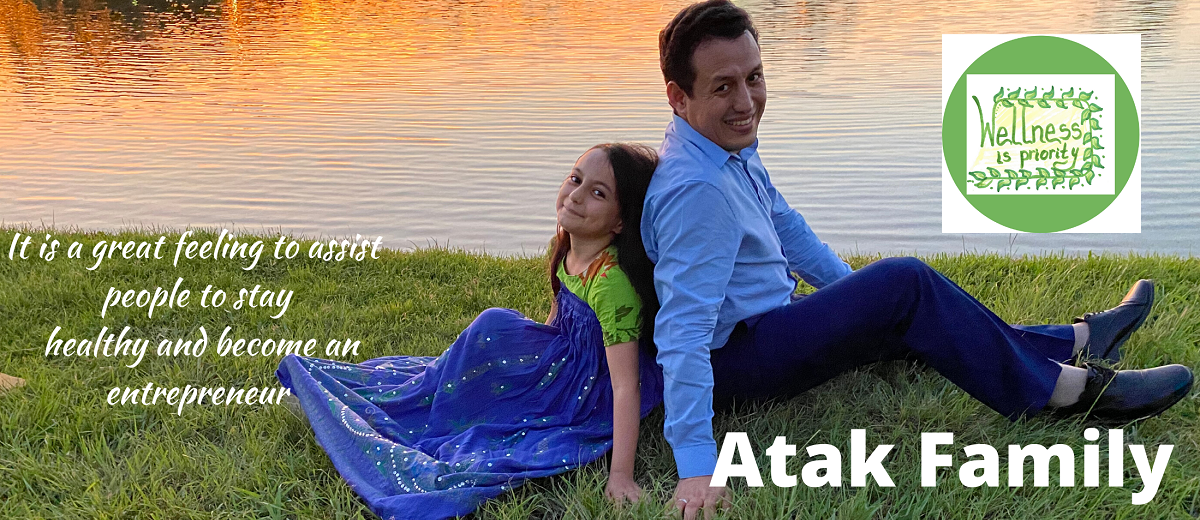
The cytoplasm is highly structured, thanks to proteins. Particularly in eukaryotic cells, which tend to be bigger and need more mechanical  support than prokaryotic cells, an extensive network of filaments — microtubules, actin filaments, and intermediate filaments — can be detected with a variety of microscopic methods. Microtubules play a major role in organizing the cytoplasm and in the distribution of organelles. They also form the mitotic spindle during cell division.
support than prokaryotic cells, an extensive network of filaments — microtubules, actin filaments, and intermediate filaments — can be detected with a variety of microscopic methods. Microtubules play a major role in organizing the cytoplasm and in the distribution of organelles. They also form the mitotic spindle during cell division.
In other words, some proteins are fibrous and provide cells and tissues with stiffness and rigidity.
These proteins include keratin, collagen and elastin, which help form the connective framework of certain structures in your body./e structural protein of your bones, tendons, ligaments and skin.
Elastin is several hundred times more flexible than collagen. Its high elasticity allows many tissues in your body to return to their original shape after stretching or contracting, such as your uterus, lungs and arteries.
 Proteins can supply your body with energy.
Proteins can supply your body with energy.
Protein contains four calories per gram, the same amount of energy that carbs provide. Fats supply the most energy, at nine calories per gram.
However, the last thing your body wants to use for energy is protein since this valuable nutrient is widely used throughout your body.
Carbs and fats are much better suited for providing energy, as your body maintains reserves for use as fuel. Moreover, they’re metabolized more efficiently compared to protein.
In fact, protein supplies your body with very little of its energy needs under normal circumstances.
However, in a state of fasting (18–48 hours of no food intake), your body breaks down skeletal muscle so that the amino acids can supply you with energy.
Transport proteins carry substances throughout your bloodstream — into cells, out of cells or within cells.
The substances transported by these proteins include nutrients like vitamins or minerals, blood sugar, cholesterol and oxygen
Proteins also have storage roles. Ferritin is a storage protein that stores iron.
Another storage protein is casein, which is the principal protein in milk that helps babies grow.
As you have seen from our earlier posts on protein functions, proteins are one of the most essential components of our HEALTHY WELL BEING! Let us be mindful of daily protein intake into our diet! Stay Safe, Stay Healthy!!!




Leave a Comment